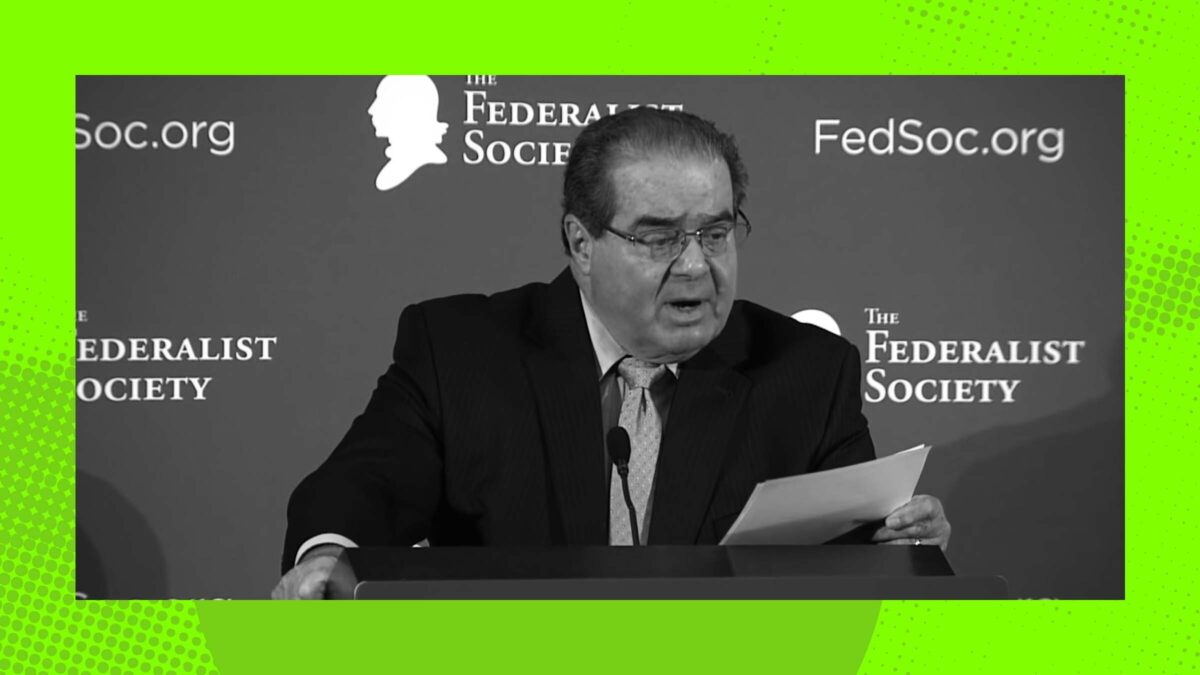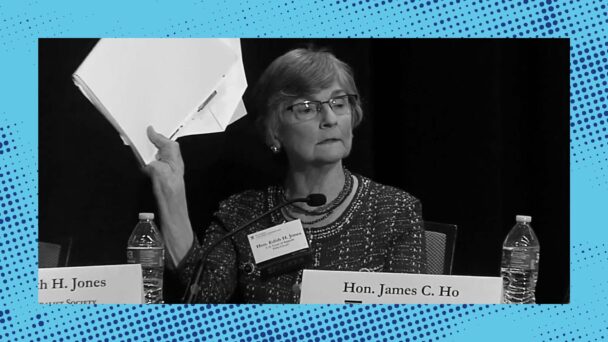In 2023, the average cost of attending law school reached $220,335 over three years—$146,484 of which goes to tuition alone. The fancier the school, the higher the sticker price: At Columbia Law School, the current cost of attendance is $118,357 per year, with tuition alone coming in at just under $80,000 annually. At Harvard Law, the annual cost of attendance is $116,00, or $348,000 over the course of a J.D.
Although law school has never been considered cheap, these numbers represent a dramatic increase in recent years. In 2002, tuition at private law schools averaged $24,193 per year; in 2022, just 20 years later, that average had gone up to $54,070.
When students are being charged nearly $50,000 per year to attend law school, it would be reasonable to expect that most of what they need from a professional degree would, in fact, be provided by the school. The reality, however, is that law schools have managed to offload a significant amount of the work of training the next generation of lawyers. Students often find themselves paying hundreds of dollars to purchase study materials teaching the content that they’re theoretically paying to be taught in class, and that they’ll be responsible for knowing on exams. Unpaid internships over the summer are where students frequently learn how to actually practice law, something that you’d think $146,484 in law school tuition would get you.
And of course, there’s the fact that law school doesn’t actually provide you with the accreditation needed to work as a lawyer; instead, recent graduates have to pay thousands of dollars to take the bar exam before they can use their degree. So after spending enough money to purchase the median home in Ohio, law school graduates are still forced to spend months of their lives and thousands of dollars if they actually want to put their degree to good use.
Outsourcing their work to publishing behemoths, legal nonprofits, bar prep companies, and the various state board of law examiners is bad enough. Even worse? The fact that law schools across the country are relying on the Federalist Society—the far-right, insurrection-loving, conspiracy-theory-spouting extremist organization of law students and lawyers—to do the work of adequately training a generation of law students.
When students arrive on campus for 1L year, the first thing that many of them learn about the Federalist Society is that the local chapter of FedSoc has an outline bank. At Harvard Law School, for example, this is advertised under the “Academic Assistance” portion of the “Why Join” page:; students are told that “after completing certain membership requirements,” they’ll be able to access “outlines and exam answers from members who have succeeded in classes at HLS.” The chapter also advertises job panels, clerkship advising, and a guide to on-campus BigLaw interviewing, all of which are available to members. In other words, if students devote their limited time and energy to advancing the conservative legal movement, they’ll get a leg up in class—thereby better positioning themselves for future career success.
By not taking full responsibility for ensuring that students have the resources they need to succeed academically, law schools are creating a void for the Federalist Society to fill. In doing so, they’re directly aiding the organization’s efforts to roll back decades of progress and cement far-right, minoritarian rule throughout the U.S.
Ensuring that students have a job after they spend hundreds of thousands of dollars on a professional degree is something that every law school in the country should be doing. If students are finding their school’s career and clerkship support so lacking that they’re turning to the Federalist Society for guidance, that should be a giant red flag to schools that they need to do better to provide students with the services they’re paying for.
In theory, progressive organizations could step in to fill the same gaps that law schools are leaving in legal education. The reality, however, is that that is unlikely to happen in any meaningful way any time soon. As of 2016, the Federalist Society had total revenues of more than four times that of the American Constitution Society, bringing in $26.7 million compared to ACS’s $6.5 million. The network and access of FedSoc is unmatched by any organization on the left. So when law schools don’t do their jobs of providing students with what they need to succeed, both academically and professionally, the result is that the far-right legal movement gains power. For any student willing to look the other way when it comes to the Federalist Society’s rejection of democracy, they’re well served by making a small investment in an organization that will make a big investment back in them.
Law schools could end this tacit alliance with FedSoc and stop pushing law students into Leonard Leo’s waiting arms. They could use their nine- or ten-figure endowments to provide study tools through the school, maintaining outline and exam banks that are accessible to all students, not just those who give their time and money to the Federalist Society. They could provide law students with truly meaningful networking and career opportunities, instead of relying on a feeder system for conservative judges masquerading as a law school debate club. For $146,484, it doesn’t seem like too much to ask that law schools start doing their job, and stop letting the Federalist Society do it for them.




